Culture of Bolivia, Bolivia, a landlocked country nestled in the heart of South America, is a nation celebrated for its rich cultural diversity and stunning natural landscapes. Its culture is a captivating mosaic woven from a complex history, indigenous heritage, European influences, and a harmonious coexistence of traditions from the diverse communities that call the country home. From the vibrant sounds of Andean music to the flavours of Bolivian cuisine, this South American nation offers a mesmerizing blend of tradition, innovation, and a people marked by their deep connection to their ancestral roots and their ability to adapt and thrive.
Historical Roots:
Bolivian culture is deeply rooted in its historical past, which is marked by a series of civilizations and conquests. Before the arrival of Spanish conquistadors in the 16th century, the region was home to a multitude of indigenous groups, including the Quechua, Aymara, and Inca. The Inca Empire left an indelible mark on the Andean highlands, with their legacy continuing to shape Bolivian culture, particularly in the high-altitude regions.
Spanish colonization introduced Catholicism, the Spanish language, and European customs, which had a profound impact on the country’s traditions. Bolivia’s fight for independence, led by figures like Simón Bolívar and Antonio José de Sucre, in the early 19th century, is a celebrated historical moment that defines the nation’s identity.
Cultural Diversity:
Bolivia’s cultural diversity is a reflection of its geographical variety, encompassing the Andes mountains, the Amazon rainforest, the arid Altiplano, and the lowland plains. This diversity has nurtured a wide array of customs, traditions, and ways of life.
The population of Bolivia is predominantly mestizo, with a mix of indigenous and European heritage. However, the country is also home to numerous indigenous communities, such as the Quechua, Aymara, Guarani, and many others, each with their own languages, traditions, and customs. Bolivia’s Constitution recognizes 36 distinct indigenous groups, emphasizing the importance of their cultural diversity.
Bolivia’s culture is a harmonious coexistence of indigenous, European, and African influences, creating a society that values its mixed heritage and celebrates it through music, dance, cuisine, and art.
Music and Dance:
Music and dance are central to Bolivian culture. The sounds of Andean music, with its panpipes, flutes, and traditional string instruments, evoke the country’s indigenous heritage. The distinctive melodies created with instruments like the charango, a small Andean guitar, and the quena, a bamboo flute, are used to express the stories, beliefs, and emotions of the Bolivian people.
The cueca is Bolivia’s national dance, a lively and colourful tradition that showcases the fusion of indigenous and European elements. Dancers often wear elaborate costumes adorned with vibrant embroidery and perform intricate choreography that mimics the movements of animals and the natural world.
In the lowlands, the Afro-Bolivian community in the region of Los Yungas contributes to the vibrant sounds of cumbia and saya music. Cumbia, a popular dance style, is known for its infectious beats and energetic dance moves.
Cuisine:
Bolivian cuisine is celebrated for its use of indigenous ingredients and flavours. The country’s topography offers a wealth of agricultural products, from the fertile valleys to the high-altitude Altiplano. Traditional Bolivian dishes often include staples like potatoes, quinoa, corn, and a variety of tubers.
One of Bolivia’s signature dishes is salteñas, savoury pastries filled with meat, vegetables, and spices. The country’s version of empanadas, these delicious snacks come in various regional variations. In the highlands, a traditional Bolivian dish is the saice, a spicy meat stew served with rice or potatoes.
Bolivia is also known for its beverages. The traditional drink called chicha is made from fermented maize and is often enjoyed during festivals and celebrations. The country’s coffee and coca tea are also noteworthy, with the coca leaf having historical and cultural significance in the Andean regions.
Art and Craftsmanship:
Bolivian visual arts and craftsmanship are a testament to the country’s history, cultural diversity, and creativity. Indigenous communities create intricate textiles, pottery, and crafts that reflect their heritage and connection to the natural world. The town of Tarabuco is famous for its colourful textiles and artisanal products, including weavings and traditional clothing.
In the realm of contemporary art, Bolivian artists like Marina Núñez del Prado and Mamani Mamani have gained recognition for their innovative works. Their art often explores themes of indigenous identity, spirituality, and social justice, drawing inspiration from the country’s diverse heritage.
Festivals and Traditions:
Bolivia hosts a wide array of festivals and traditions that celebrate its cultural heritage and indigenous communities. The Oruro Carnival, a UNESCO Masterpiece of the Oral and Intangible Heritage of Humanity, is one of the most famous celebrations. It features elaborate processions, traditional music and dance, and vibrant costumes that reflect the intersection of indigenous and Catholic traditions.
The Festival of Alasitas, held in La Paz, is a unique tradition in which miniature objects and figurines are purchased to ensure good luck and prosperity in the coming year. This festival demonstrates the Andean belief in the power of reciprocity and the relationship between the human and spirit worlds.
Languages and Literature:
Bolivia is a multilingual country with Spanish as the official language. However, many indigenous languages are spoken throughout the country, such as Quechua, Aymara, and Guarani. Bolivia’s Constitution recognizes these languages as official and prioritizes their preservation and promotion.
Bolivian literature, which has a rich oral tradition rooted in indigenous culture, includes authors like Franz Tamayo and Marina Núñez del Prado, who have made significant contributions to the country’s literary heritage. Their works often explore themes of identity, spirituality, and social justice, reflecting the complexities of Bolivian society.
Natural Beauty and Outdoor Activities:
Bolivia’s diverse geography offers numerous opportunities for outdoor activities and exploration. The country is home to the stunning landscapes of the Andes mountains, the vast salt flats of Uyuni, and the lush Amazon rainforest. The Salar de Uyuni, the world’s largest salt flat, is a major attraction, drawing photographers and adventurers from around the world.
Hiking, trekking, and mountaineering in the Andes provide opportunities for breathtaking experiences, with destinations like Huayna Potosí and Illimani offering challenges for outdoor enthusiasts. The Amazon rainforest in the north provides opportunities for wildlife observation, birdwatching, and encounters with indigenous communities.
Challenges and Opportunities:
Bolivia faces various challenges, including social inequality, poverty, and environmental concerns. However, the country has made progress in areas such as education, healthcare, and economic development. Its cultural diversity, rich traditions, and stunning landscapes provide opportunities for sustainable tourism, cultural exchange, and economic growth.
In conclusion, Bolivian culture is a dynamic mosaic of traditions, indigenous heritage, and Andean resilience. The fusion of indigenous, European, and African influences has created a society that values its mixed heritage and celebrates it through music, dance, cuisine, and visual arts. Bolivians are marked by their deep connection to their ancestral roots, their love for their homeland, and their strong cultural identity. Despite challenges, Bolivian culture remains a testament to the creativity and strength of its people, offering a captivating glimpse into a nation that continues to cherish its heritage and its role in shaping the cultural diversity of South America and the world.


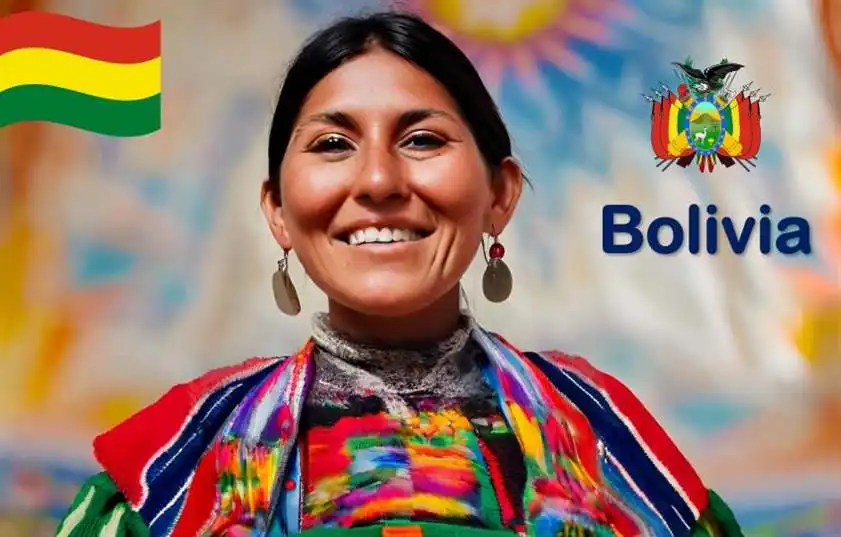
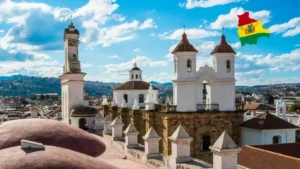
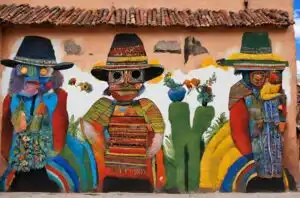
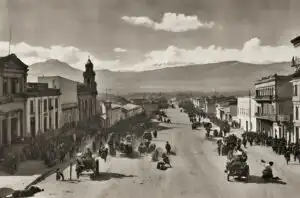

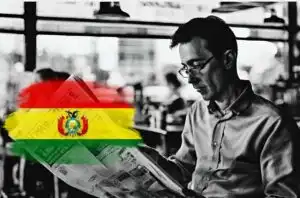
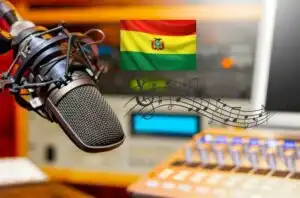
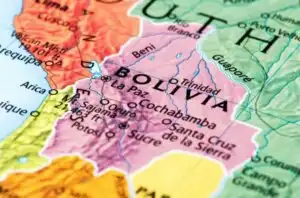
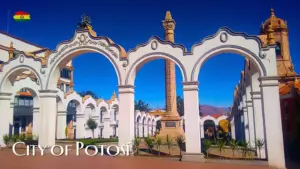
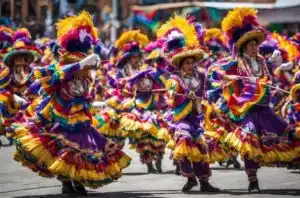

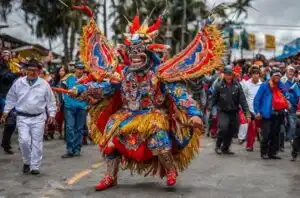
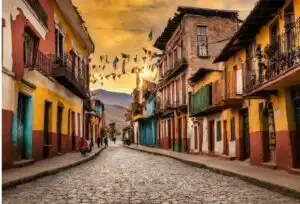
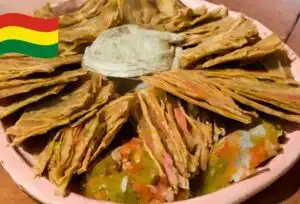
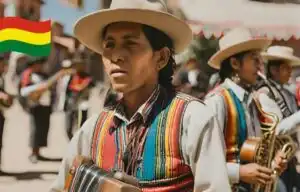

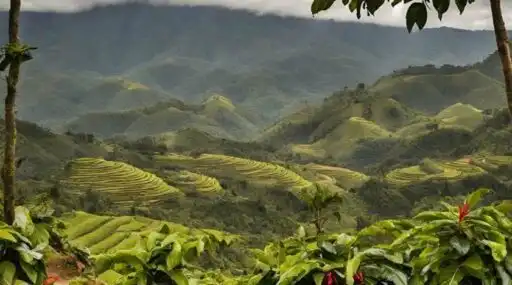
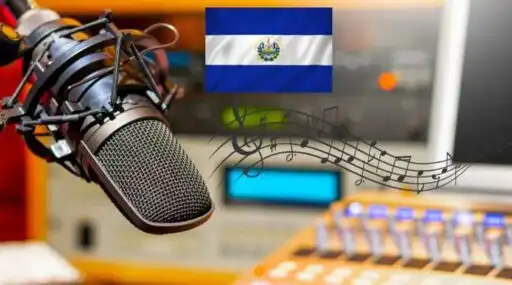
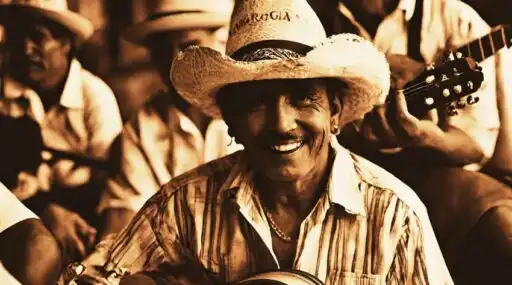
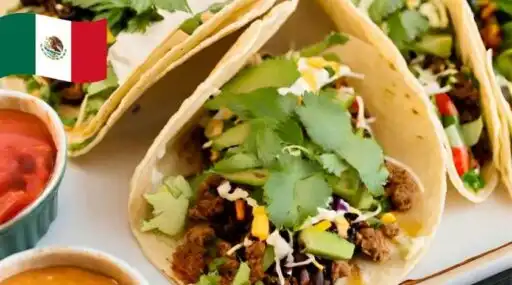





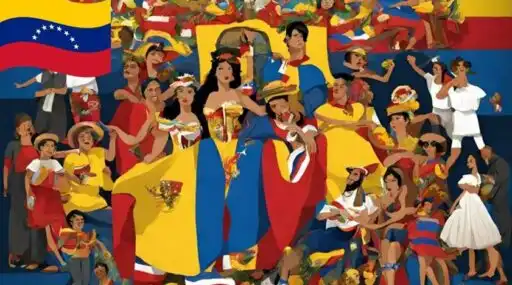

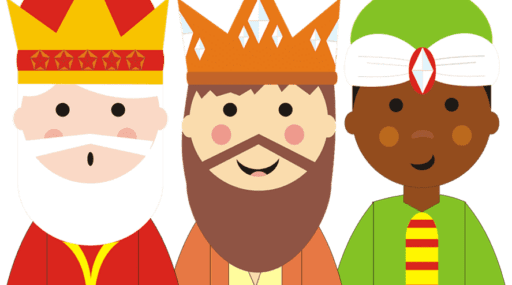



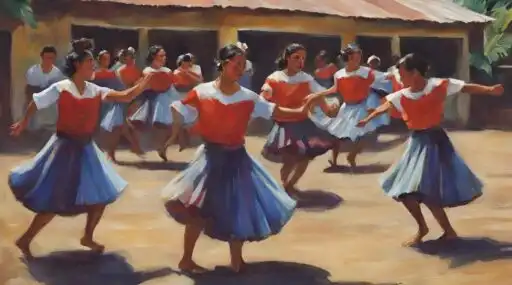
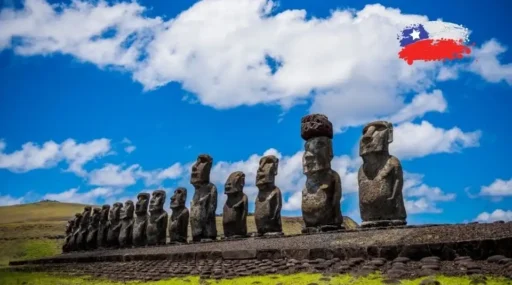
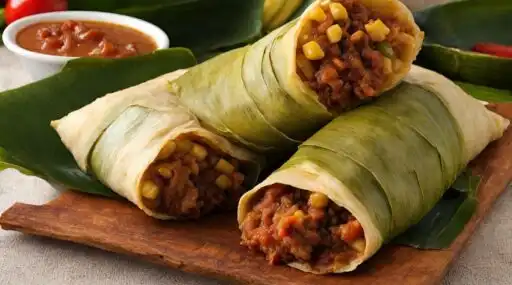
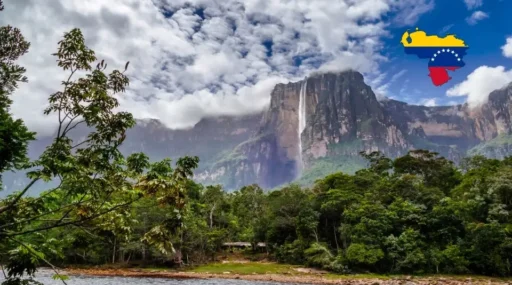
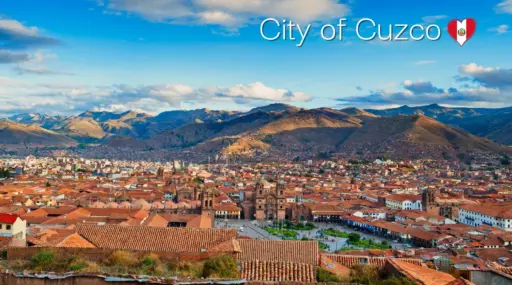
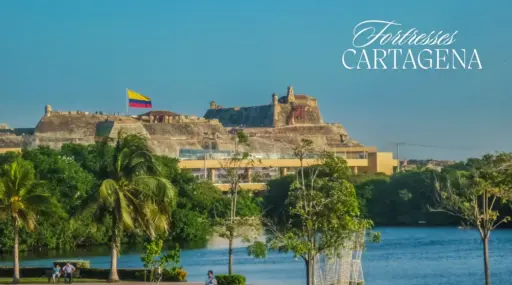
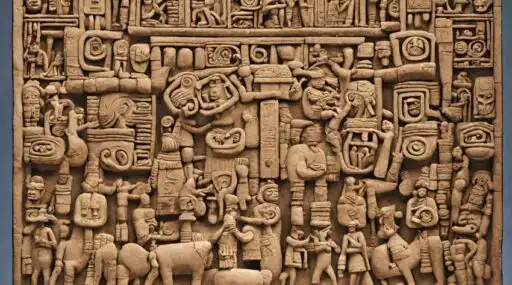

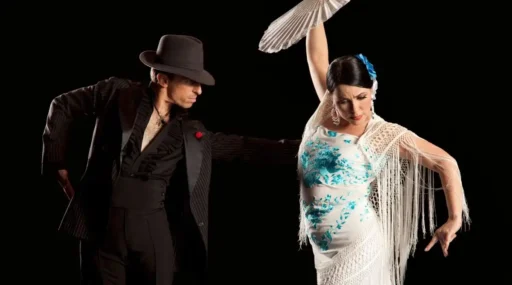
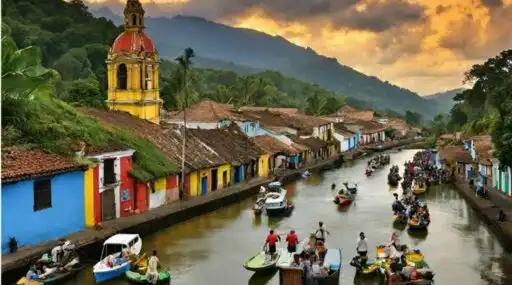
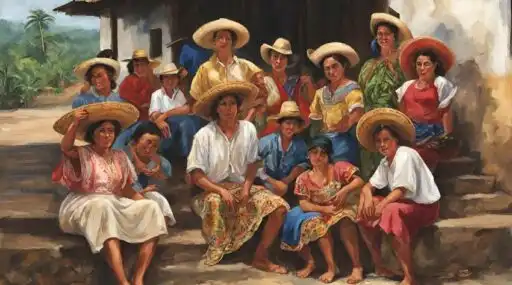

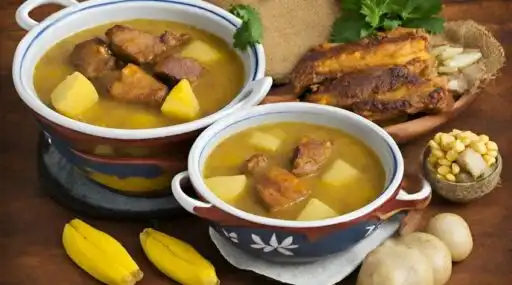

Leave a Reply